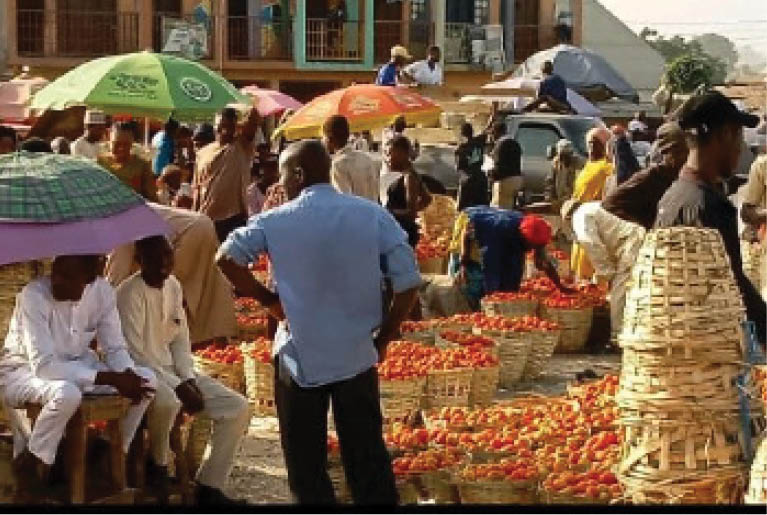The Nigerian Association of Tomato Producers, Processors and Marketers has it is calling for a review of the nation’s tomato policy so as to ensure sustainable tomato production and encourage the export of tomato paste instead of importation.
Speaking to the Daily Trust, the National President of the association, Alhaji Abdullahi Alhassan Ringim, stated that under the association’s move to safeguard the tomato business in the country, it has succeeded in the review of the tomato policy to a more favourable one that would promote, protect and sustain tomato production in the country.
According to him, under the reviewed tomato policy, the association had solicited an increase in tomato importation duty from 5% to 50% and also called for effective stoppage of forex issuance to companies producing tomato cans only.
He further stated that the reviewed policy had moved to address the issue that seeks to solicit a total ban on the importation of tomato paste in small cans into the country.
- UNITED STATES: Germany to Trump: ‘Borders must not be moved by force’
- Driver nabbed with 59 trafficked children in FCT
He added that by doing so, arbitrary importation of adulterated tomato paste from other countries into Nigeria will be addressed and tomato paste production within the country would be encouraged.
“It is disheartening to see that despite the huge tomato production in Nigeria, tomato farmers are still suffering from post-harvest losses. It is unfortunate that the nation lacks adequate tomato paste-producing factories that will serve as a saving grace to farmers when the market is experiencing a glut.
“However, with the review policy, we are optimistic that farmers won’t be experiencing these preventable losses and the business will be sustained,” he said.
He revealed that the association has prepared to face this year’s dry-season tomato production despite the stoppage of the federal government’s Anchor Borrower scheme, adding that farmers have been sensitized on various climate change approaches to tomato production for a better yield in 2025.

 Join Daily Trust WhatsApp Community For Quick Access To News and Happenings Around You.
Join Daily Trust WhatsApp Community For Quick Access To News and Happenings Around You.


